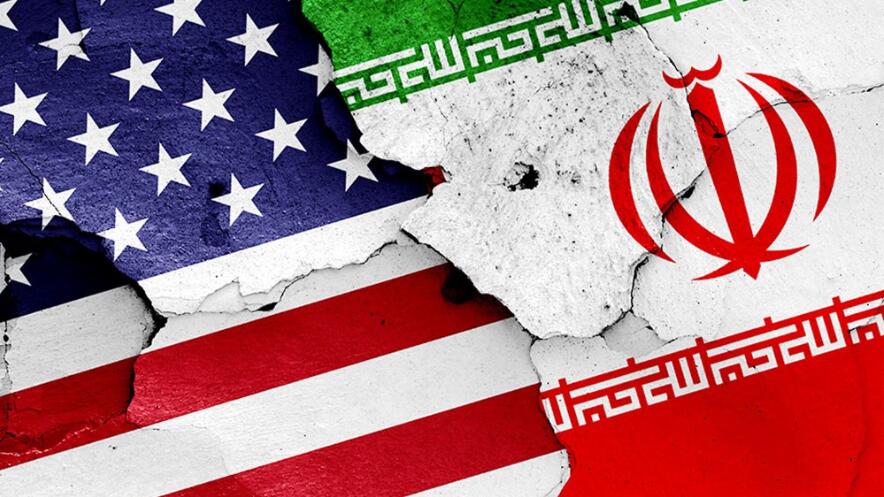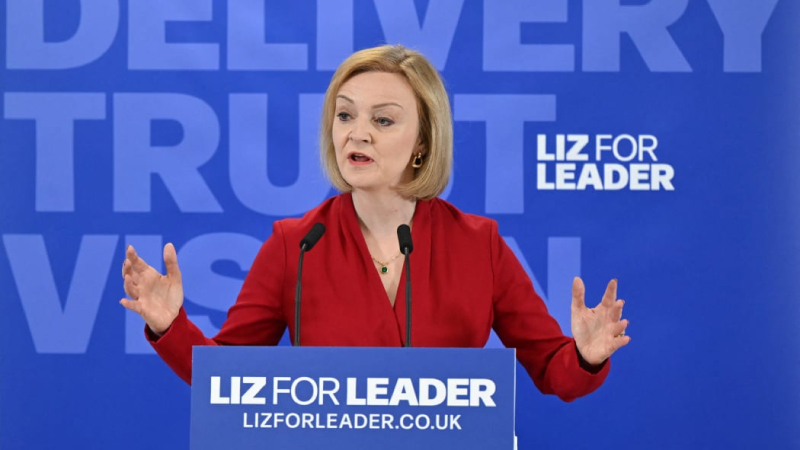
The US president-elect Donald Trump has made himself an enemy of the political establishment, and a maverick whose rules differ from the rest of the world, centered on challenging and changing all the existing systems, including those of the Western countries. What he brings to the White House will not just be his furniture and staff, but a fundamentally different political culture and governing behavior from the traditional one.
Externally, international relations will be reshaped by placing them on the scale of US interests, on which there will be primarily clear, dollar-denominated markers. Huge deficits in trade with the United States or the burden of security costs will be judged in naked dollar terms. The dollar, and the dollar alone, will be the determining factor. What used to be called the community of values or the special responsibility of the world's only superpower for global stability will no longer count. This is precisely why Europe and China tried to convince the US to be "cooperative" in his first term. Such efforts won't sway Trump. Trump is back, full of anger and a desire for revenge, and focusing on maximizing interests and profit. Europe and China should fasten their seat belts and prepare themselves for a bumpy ride.
Some diplomats in Brussels are making very peculiar preparations. As a matter of fact, they wish to pay more to satisfy Trump for business as before. More peculiarly, they seem to be pondering how to be tougher on China in alliance with the US, so that the US can see the unique value of Europe in its strategic competition with China. Brussels still hasn't recognized that the times have changed. It's a different game now.
Europe has good reasons to be anxious about the power shift in Washington. Trump has repeatedly expressed his dissatisfaction with the EU's policies in the fields of security, trade and climate, among others. The impression is that Trump has no enthusiasm for Germany, and this is not just manifested in his personal relationship with German leaders such as Angela Merkel. The principle of values espoused by German diplomacy is like a matador's red cape to a bull to him. The pressure on Europe will be immense.
The North Atlantic value alliance, in which Europe firmly believes, is realistically subject to a pricing test, especially for security services, where the Trump administration will expect Europe to pay a high price, and Europe is not sure if it will be more secure or less autonomous as a result of the deal. Europeans are still unclear about the idea of a 24-hour solution to the Ukraine crisis. Whatever the case, it is hard for them to imagine that Trump's approach will be in the interests of Europeans.
Trump's return to the White House is also a challenge for China, but it's not an unknown one. Trump started a trade war with a series of containment measures against China initiated in 2017, and he is likely to do it even more aggressively in his second term. An even more serious miscalculation is that Washington believes it can deal with China as it did with the Soviet Union and expects to defeat China as it did the Soviet Union. The truth is that it was the Soviet Union that defeated itself. The loss of economic strength and lack of social dynamism led to its collapse. In contrast, the US was at that time a thriving country, seen as a moral example by peoples in many countries, and the American dream was the dream of many.
China has been drawn into a "strategic competition" with the US, and the pressure will be exponentially increased. It's going to be very difficult for China indeed. Although the US remains China's largest trading partner, China's trade relations with other regions have strengthened and a diversified structure is taking shape, including the Belt and Road Initiative. It is important to understand that the trade relations between the US and China are mutually beneficial. And if the US harms this relationship, it will inflict harm on itself, as well as damage global trade. Failure to recognize this would be a fatal miscalculation of the future Trump administration. To survive this competition, China must be better economically, more dynamic and vital in its social life.
Times have changed. The accelerated climate change across borders is a common threat to all mankind. It can only be countered by the joint efforts of all countries, who, especially the major countries, should endeavor to address such common challenges facing mankind.
So far, the United Nations Framework Convention on Climate Change, the Paris Agreement and other cooperation mechanisms have laid a binding foundation for this and offered hope for humanity. The change of power in the US may challenge this foundation. The US may once again withdraw from the Paris Agreement or even abandon the UNFCCC. And the world's largest economy may once again step up the use of fossil fuels and slow down local development of renewable energy sources such as wind and solar, as well as electric vehicles, which have been vigorously promoted by various countries. This is undoubtedly bad news for decarbonization endeavor. China and Europe, as well as the rest of the world, should be keeping an eye on this and take on their due responsibilities.
Author | Jiang Fen, Professor of European studies and chairman of the Board of the Shanghai Academy of Global Governance and Area Studies of Shanghai International Studies University.
Source | “China Daily”, Dec. 20th, 2024。











